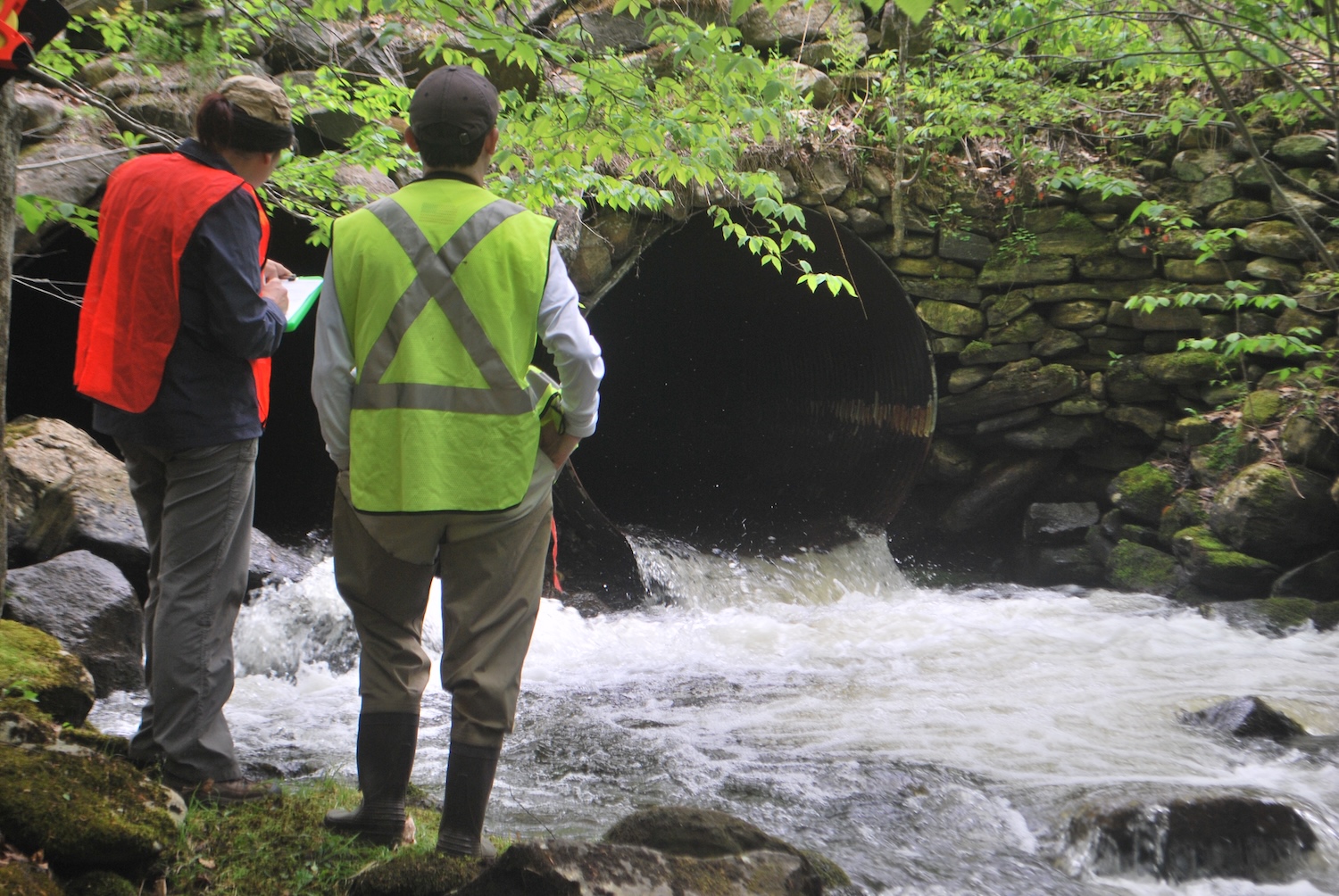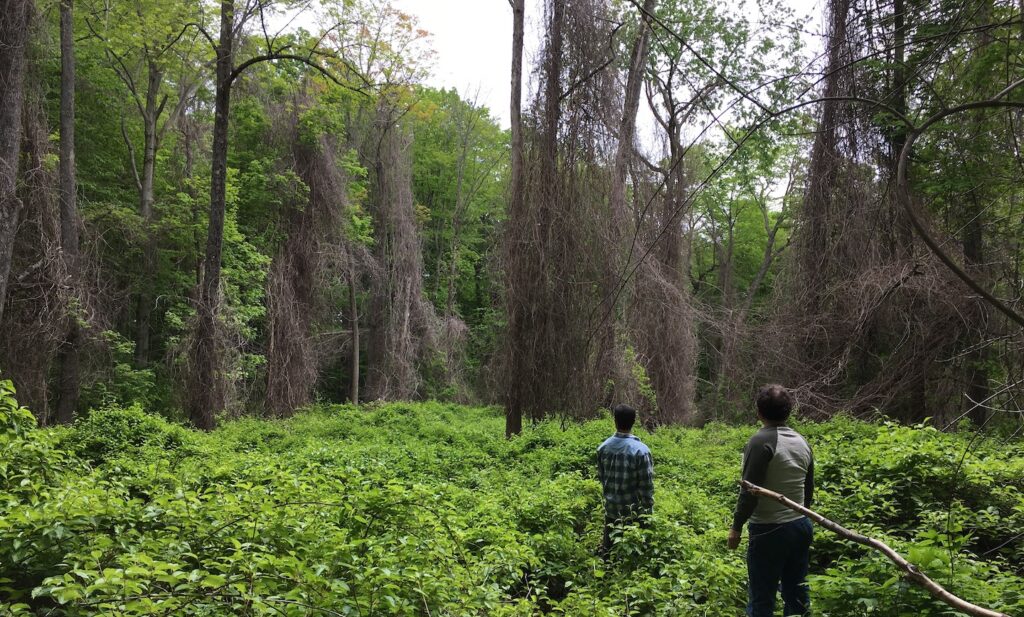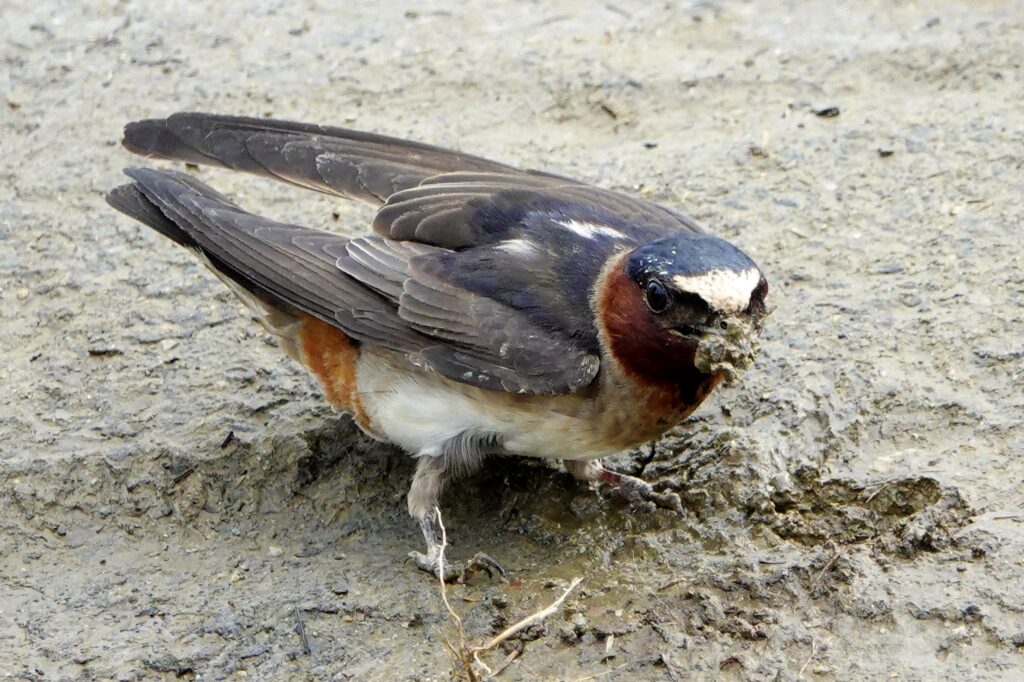
- This event has passed.
NAACC Aquatic Connectivity Field Training Day (BEAT Volunteer Opportunity)
April 30 @ 9:00 am - 4:00 pm

Contribute to wildlife conservation through hands-on volunteer fieldwork!
Natural, free-flowing waterways create ideal habitats for numerous wildlife species, particularly cold-water fish. However, culverts—those concrete, metal, or plastic pipes that allow streams and rivers to pass under roads—can hinder the movement of fish and other aquatic animals and be detrimental to their health. A major problem with many culverts is that they were not designed with wildlife in mind, causing size constraints that lead to flooding. Additionally, some culverts are improperly positioned above the water’s surface (known as a “perched” culvert), making fish migration challenging or impossible.
For this reason, BEAT has been working to survey road-stream crossings and culverts throughout Berkshire County using the North Atlantic Aquatic Connectivity Collaborative (NAACC) protocol. These surveys play a crucial role in identifying which culverts and crossings require immediate attention, helping prioritize replacements based on urgency. Thus, addressing these challenges not only supports the conservation of fish and wildlife but also enhances transportation infrastructure and promotes road safety.
This spring, BEAT is offering training to anyone interested in conducting volunteer fieldwork by surveying culverts and road-stream crossings. We are hosting two field-day trainings: one on Tuesday, April 30, and the other on Tuesday, May 21. Space is limited.
To become a certified NAACC Lead Observer, you must participate in only one day of field training, complete an online training course, and shadow twenty culvert assessments with a certified Lead Observer. If you are interested in getting certified and want to contribute to these vital efforts, learn more and register here.
For questions, email team@thebeatnews.org.
The North Atlantic Aquatic Connectivity Collaborative (NAACC) is a participatory network of practitioners united in their efforts to enhance aquatic connectivity. The NAACC has achieved several milestones, including the development of standardized assessment protocols and a database for road-stream crossings, the initiation of training programs for data accuracy, the establishment of an online repository for crossing assessment data, the creation of web-based tools for prioritizing assessments and upgrades, and the ongoing expansion of assessment modules to include tidal streams, wildlife passability, and culvert condition.
Click here to watch a recorded info session about the NAACC given by Scott Jackson, a UMass Extension Professor and one of the primary developers of the NAACC protocols.
Visit our Wildlife Connectivity Surveying: A Fieldwork Volunteer Opportunity page to learn a little more about this work and volunteering.
This work is made possible by the Berkshire Cold, Clean, Connected (BCCC) partnership, a collaboration of organizations Housatonic Valley Association (HVA), The Nature Conservancy (TNC), Trout Unlimited (TU), Hoosic River Watershed Association (HooRWA), Farmington River Watershed Association (FRWA), Berkshire Environmental Action Team (BEAT), and Berkshire Regional Planning Commission (BRPC). This partnership develops ecological restoration projects in Berkshire rivers and streams that protect cold-water fisheries, remove barriers to aquatic connectivity, and enhance clean, healthy rivers throughout Berkshire County.


